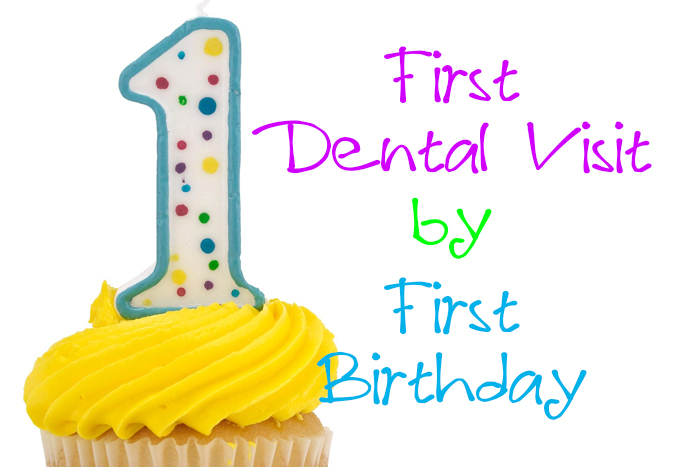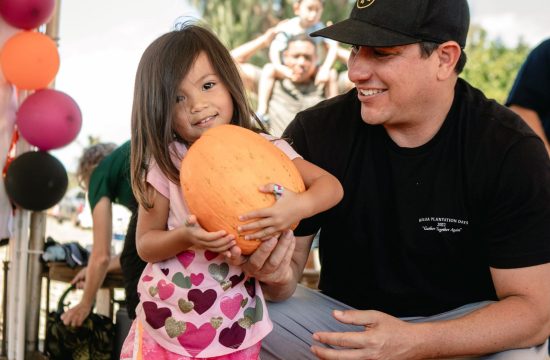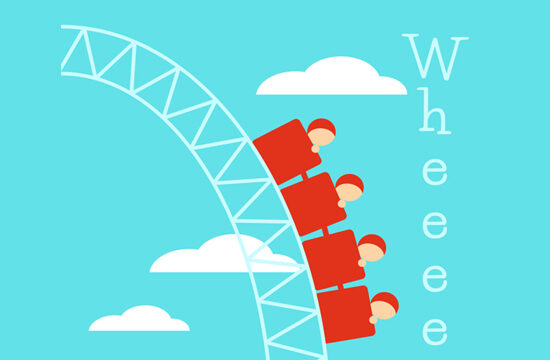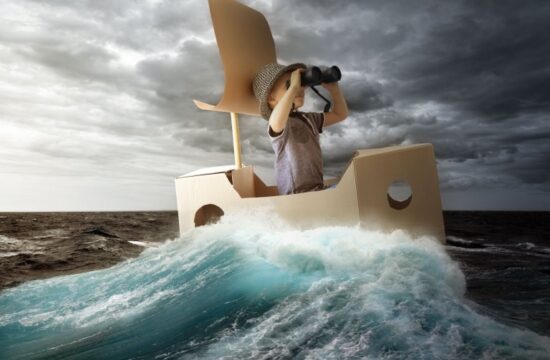Baby’s first teeth:
Usually the lower anterior teeth are the first to appear at 6-8 months of age.
Baby teeth help children speak, chew, and smile. They also help to guide permanent teeth into position.
Baby’s First Dental Visit:
The first dental visit should be when the first tooth appears and no later than the first birthday.
During the first dental visit, we will:
-
• Familiarize the baby with the dental setting
• Asses your baby’s oral health and caries risk
• Talk about how to take care of your baby’s teeth
• Answer your questions and address any concerns
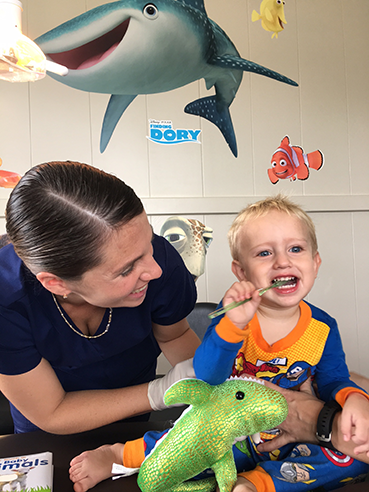
“The first dental visit should be when the first tooth appears and no later than the first birthday”
Oral Hygiene for Your Baby:
Clean your baby’s gums with a damp gauze after meals and specially before bedtime.
Once the first tooth erupts, a toothbrush with a small head and soft bristles should be used to brush your baby’s teeth with a small smear of fluoride toothpaste. Brushing should be done at least twice a day, the most important time to brush is before bedtime.
For children ages 3-6, a pea-size amount can be used with the assistance of the parents. Children should spit out and not swallow the excess toothpaste.
Baby Bottle Tooth Decay:
Known also as Early Childhood Caries, it is a form of decay caused by frequent and prolonged exposure of teeth to liquids containing sugar such as formula, juice and breast milk.
When the baby is put to bed with a sweet liquid instead of water, this liquid collects around teeth feeding bacteria and producing acids that attack dental enamel.
To prevent baby bottle tooth decay:
-
• Avoid at will breast feeding once the first teeth begin to erupt
• Put children to sleep with only water in their bottles
• Avoid the use of bottles/sippy cups with juice or milk

